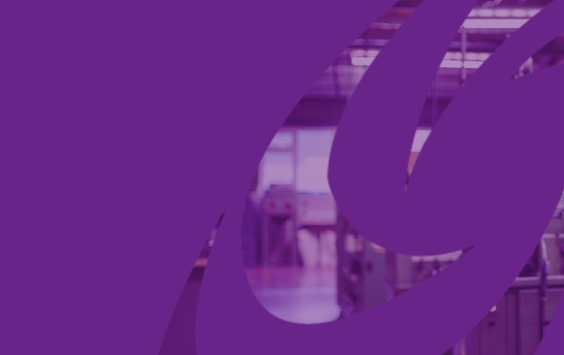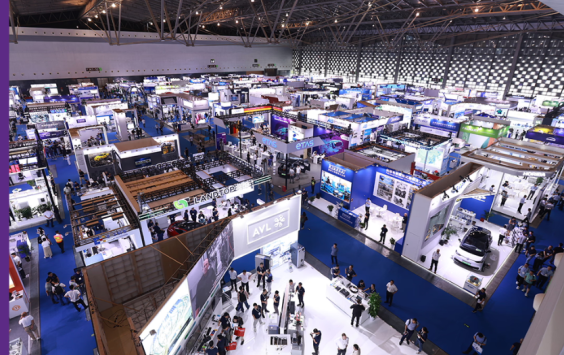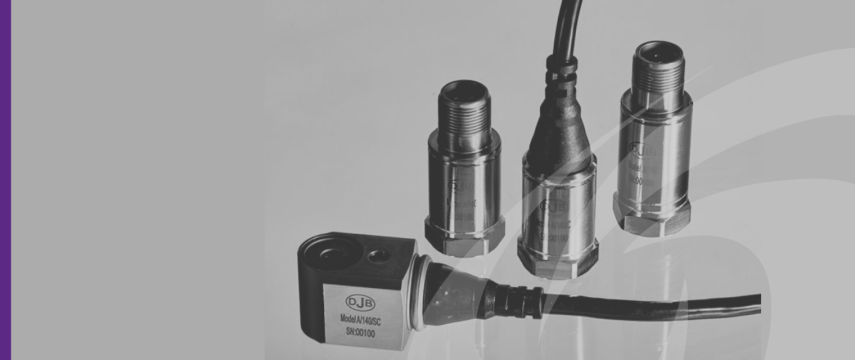Understanding your instrumentation options
The choice between charge and IEPE accelerometers doesn’t just affect the sensor — it also impacts the signal conditioning hardware you’ll need. Whether you're setting up a new system or upgrading an older one, the right instrumentation ensures accurate, noise-free data.
Charge vs IEPE: conditioning requirements
If you're using a charge output accelerometer, a charge amplifier is essential. Most data acquisition systems don't provide built-in charge conditioning, so you'll need an external amplifier to convert the high-impedance charge signal into a usable voltage.
By contrast, IEPE accelerometers can often connect directly to your DAQ system, as long as it provides a built-in IEPE power supply. This makes IEPE sensors ideal for reducing hardware complexity and system footprint.
Using an older DAQ system?
DJB offers a full range of IEPE signal conditioners — from portable, battery-powered units to DC-powered bench-top modules and rack-based multi-channel setups.
Inline charge amplifiers: compact and convenient
Inline charge amplifiers are becoming a popular solution for connecting charge accelerometers to modern DAQ systems that already support IEPE power. These compact devices house a fixed-gain amplifier inside a BNC or microdot adaptor.
With this setup, the charge accelerometer connects via a low-noise cable to the inline amplifier, which then connects directly to your DAQ system — no extra signal conditioning box required.
Not sure which instrumentation setup is right for you?
Our team can help you choose the right amplifiers, filters, and integrators to match your sensor type and data acquisition system.
Contact our experts or call us on +44 (0)1638 712 288

Dive into DJB’s growing library of expert-written resources, including technical articles, selection guides, and in-depth explainers on accelerometers, cables, and signal conditioning.
Whether you’re specifying new sensors or troubleshooting complex setups, our content is designed to support your success.






